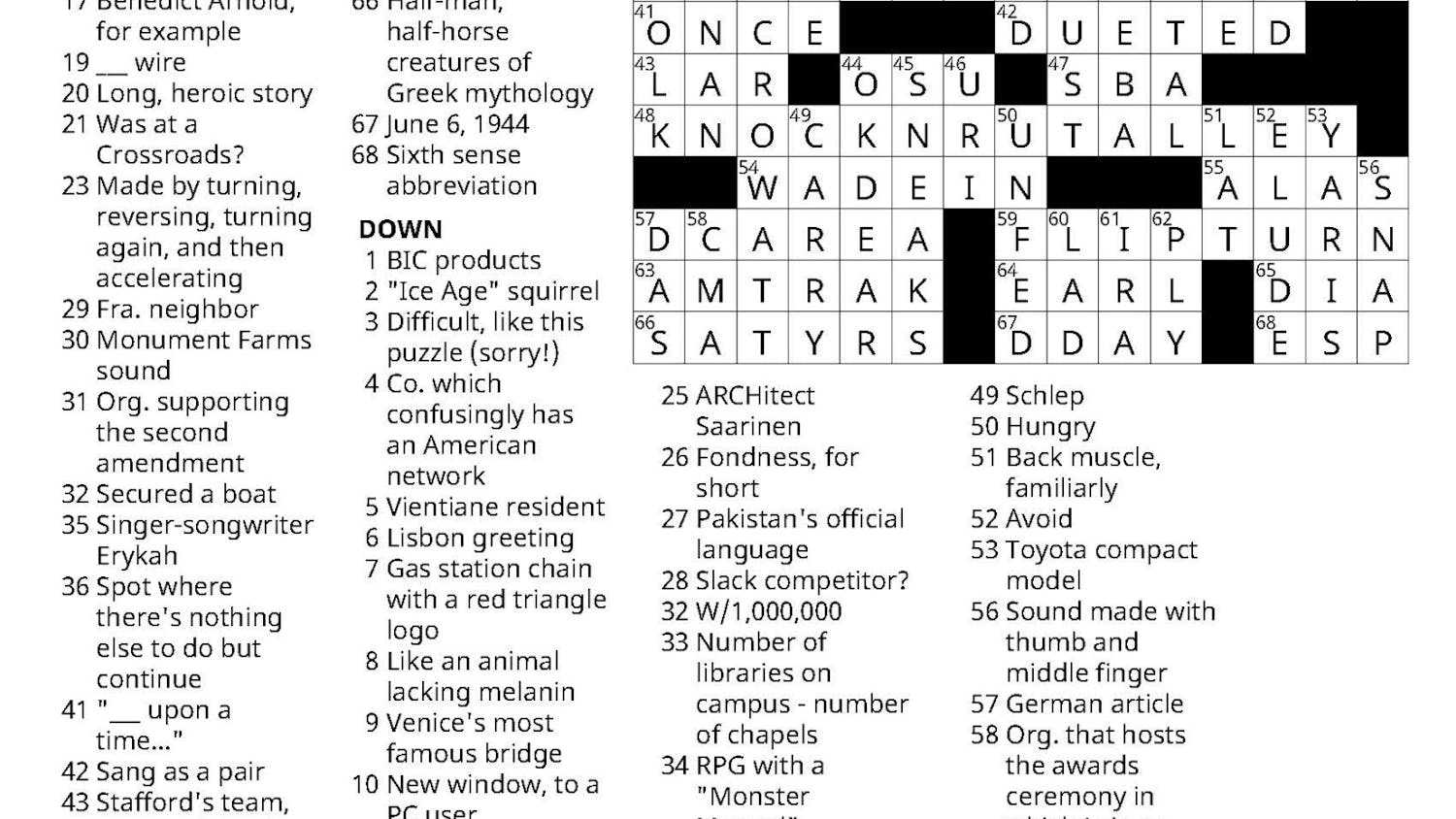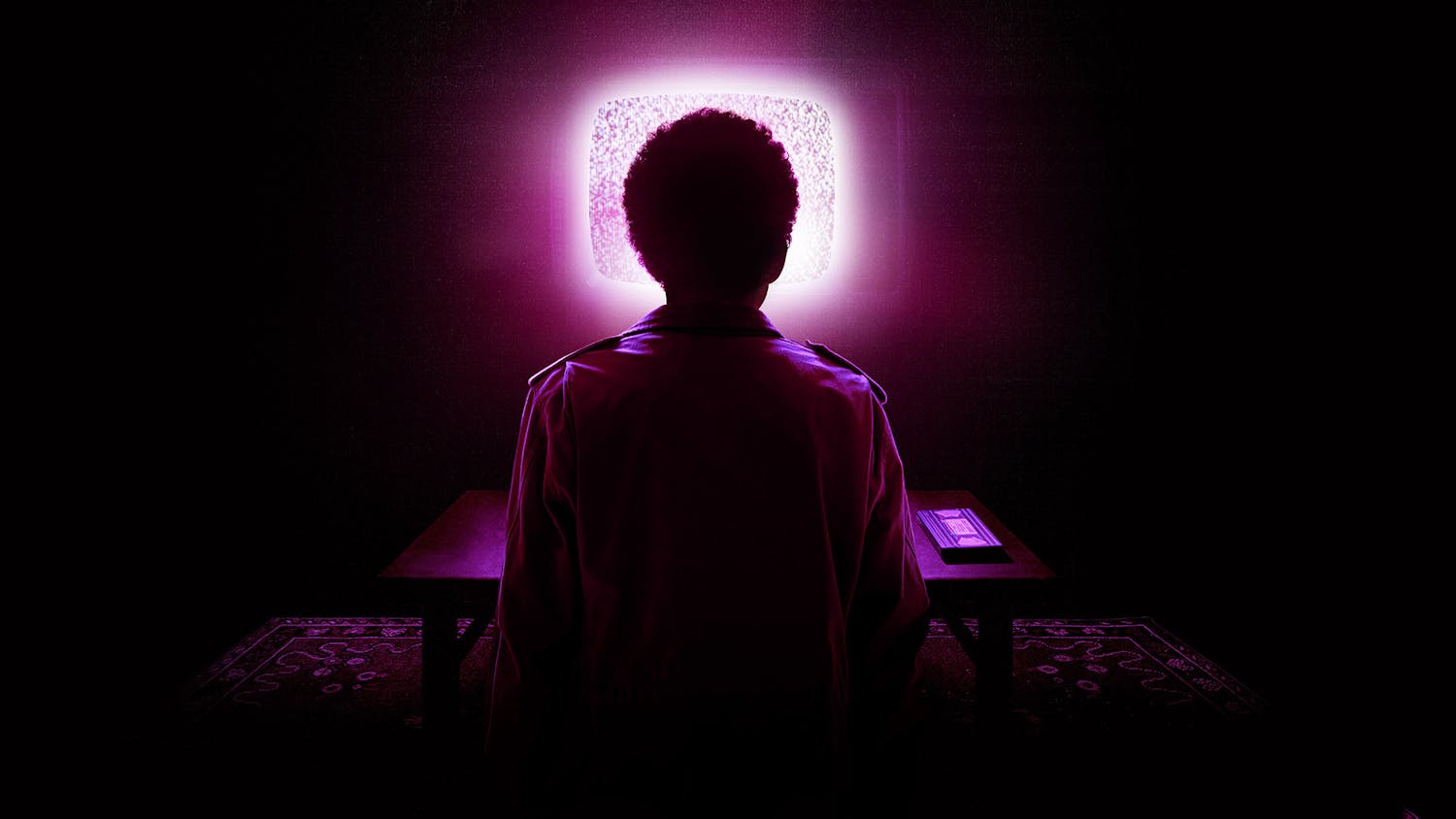On a dark and snowy night, the Middlebury community gathered in the warmly lit Robinson Concert Hall to sing about Love. Mark Padmore and Paul Lewis, a tenor-pianist duo from the UK, performed a selection of “Lieder,” German romantic poems set to music, by Brahms, Mahler, and Schumann. The program was built around Schumann’s “Dichterliebe,” or Poet’s Love, which he wrote in 1840 after being smitten by his future wife, Clara Wieck.
In his book “The Birth of Tragedy,” Friedrich Nietzsche describes two types of art. Drawing from the Greeks (as we pretentious intellectuals tend to do), he describes Apollonian art as being art of forms: writing, visual art, story-telling, poetry, etc.; and Dionysian art as stemming from the “Primordial One,” the underlying essence of existence. The difference is critical; in the Apollonian one desires to understand a tangible, simpler, if not more mundane metaphysical reality whereas this desire is lost to the drunken ecstasy of pure, incomprehensible, terrifying life that flows through the Dionysian. This distinction can also be seen in the different experiences of Friday night’s Lieder: one could follow the Apollonian poetry, the lyrics and their translations faithfully reproduced in the program, desiring to understand what the art is saying, or one can be swept away by the music in its prismatic tones of love, pain, and glory.
While technically beautiful, the music seemed to emphasize a more mental, Apollonian experience rather than an emotional, Dionysian one. It is possible that this shame is no fault of Padmore and Lewis for their performance was certainly awe-inspiring. Hailed as a “Dream Team” by the New York Times, both musicians have an impressive list of accomplishments, performing in some of the best venues across Europe and the World. Padmore studied in King’s College, Cambridge, world famous for their choir, and has since become particularly well known for his performance of Bach’s passions and his work with pieces by Benjamin Britten. Lewis, among many other distinctions, received a CBE from Her Majesty Queen Elizabeth in 2016 for his work. Perhaps most notable in their performance Friday night was their ability to rapidly transition between different tones, tempos, and dynamic levels without ever compromising the powerful and graceful curves of the music. One moment’s reverberating wail of sorrow would flow into folksy contentedness or romantic ecstasy with the ease and capriciousness of one in love. Indeed, one is tempted to describe Padmore and Lewis’s performance as heavenly.
Unfortunately, both Apollo and Dionysus belong to a certain heaven and such a celestial performance does not prevent one from approaching it with a desire to understand, to study, or to rationalize. It is all too easy and it seems all too common at Middlebury, as at other institutions of intellect, to attempt to understand art, to coldly consider it with a critical mindset, and in the process to divorce oneself from the experience in order to see it more clearly. Something important is lost with this mindset. As David Wallace Foster popularly pointed out, one cannot see water while they are in it but then again, one cannot swim while outside of it. The poverty of this analytic perspective became apparent in the program at the point when one could no longer ignore that every piece is a simple, oftentimes cliché, description of a lover’s angst. The poetic and musical technique aside, the pieces could very well have been written by a frustrated 15-year-old or a love-struck Charlie Brown dreaming of The Little Red-Haired Girl. With an academic mindset, this begins to seem frivolous and yet, for this reason, the significance of the event should not be missed.
With what can we justify the work to produce such an event? Do we admit that we have sunk to such juvenility that we drag two world-renowned musicians across the sea, we journey through a bitter snow storm, and we use the college’s limited resources in order to sing about romantic love and the longing for one’s crush? Yet this is what we do. We enjoy it. We rejoice and we praise Love in all of its ridiculousness. For a few moments, life is not about making sense, understanding, analyzing, or trying to be smart. For a few moments, we are invited to live and love and drink deeply of life. Admittedly, this concert was not as moving as many others, the desired Dionysian insobriety was veiled by an Apollonian desire to comprehend the pieces. But perhaps this is all the better to remind us of the importance of coming to life with the closeness and desire to experience it, to drink deeply of life and to let it wash over and through us. Shall we allow ourselves sometimes not to think but to feel?
Coming to Schumann with the Heart
Comments



